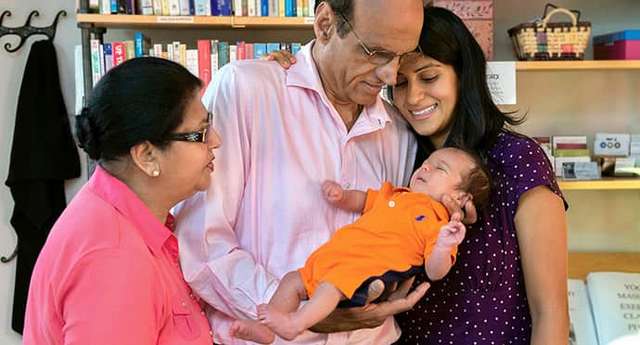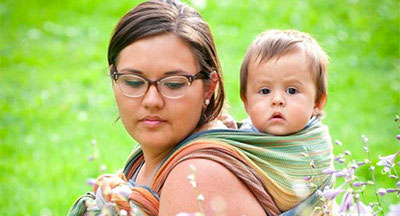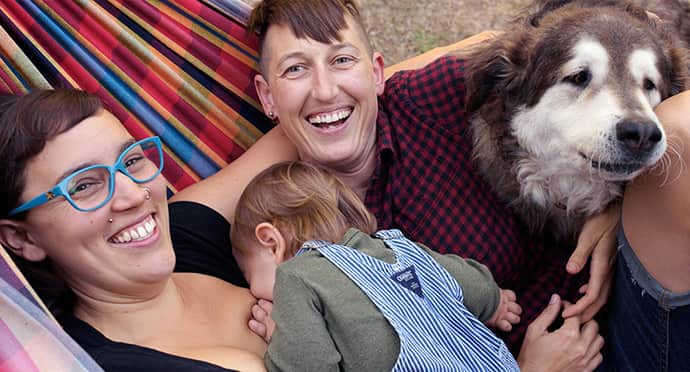- MABC News & Updates
- Member Updates
- Announcements & Statements
- MESP - Current Workshop Listing
- Press Releases
- Inter-professional Issues
- Setting up and Sustaining Rural and Remote Practice
- Remuneration (for discussions pertaining to: RSP, APP, Government contracts, funding strategies, other funding resources, etc.)
- Optional Continuing Midwifery Education Opportunities
- MABC Ancillary Wellness Programs
- RMLP Improvements
- Midwives Association of British Columbia Statement on UBC Midwifery 20th Anniversary by Amanda Steele
- MABC Benefits Group Plan
- Eligibility and Enrolment by Patricia Alcantara
- Benefits Group Plan
- Indigenous Midwives Advisory Council
- Practice Support-Technology
- Continuing Midwifery education
- RMLP
- MESP
- Midwifery Leadership Bursary
- Midwifery Isolation Allowance Fund
- Universal Benefits Group Plan
- MABC Universal Benefits Enrolment Package
- MABC Newsletter pieces
- MABC Emails & Newsletter
- Commercial General Liability Insurance (CGL)
- Health Benefits Group Plan
- Health Benefits Group Plan: Health and Dental
- Parental Leave Benefits Program
- Update on Membership Dues
- Short Term & Long Term Disability
- Contract Negotiations FAQ 2025
- Contract Negotiations 2025 Updates




